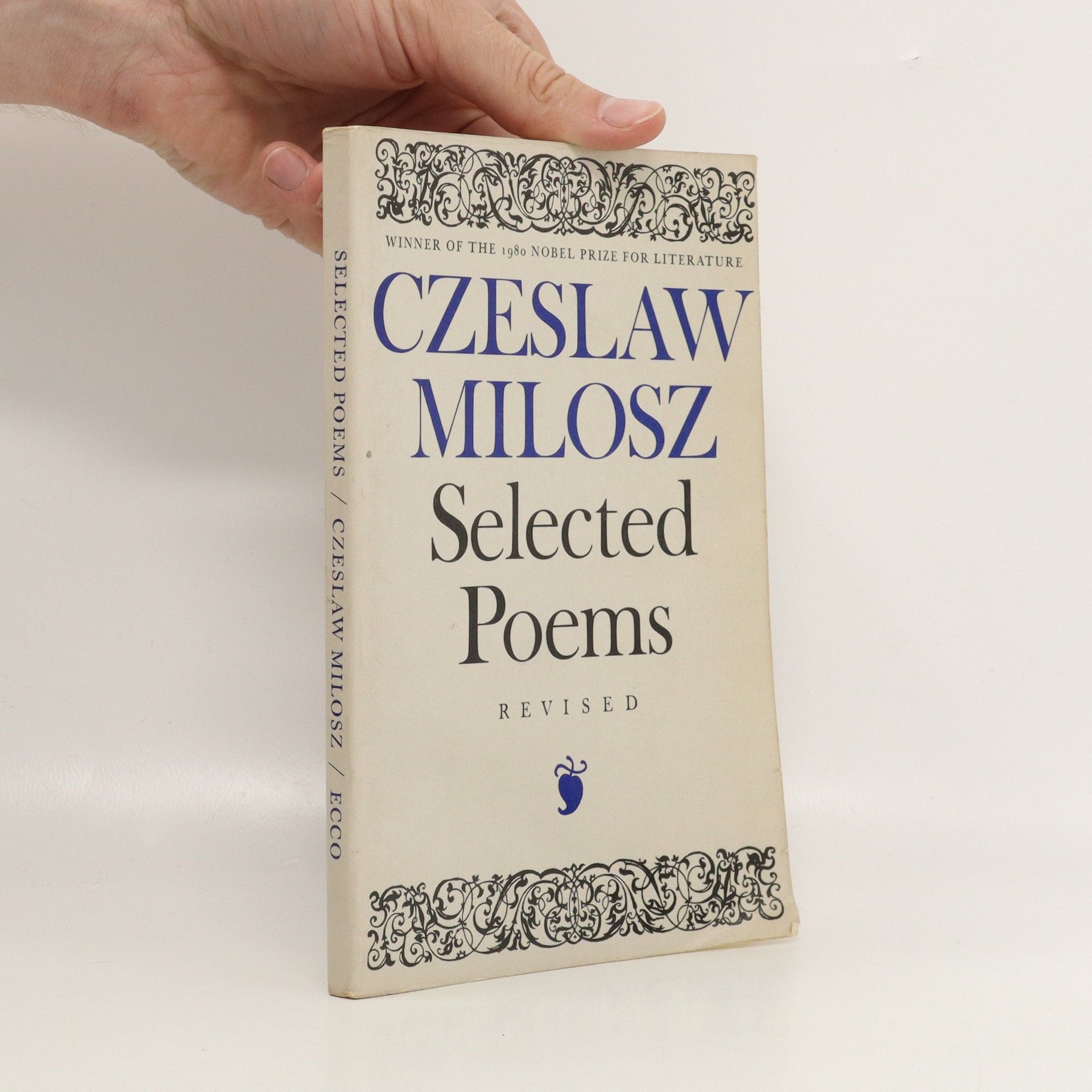Czeslaw Milosz Libros
Czesław Miłosz fue un célebre poeta y autor de herencia polaco-lituana, galardonado con el Premio Nobel. Capturó magistralmente la condición expuesta de la humanidad en un mundo de severos conflictos, un testimonio de su claridad intransigente y profunda perspicacia. Su estilo literario se distingue por su rigor intelectual y una profunda empatía por el espíritu humano. El legado perdurable de Miłosz reside en su poderosa articulación de estados emocionales y existenciales complejos.

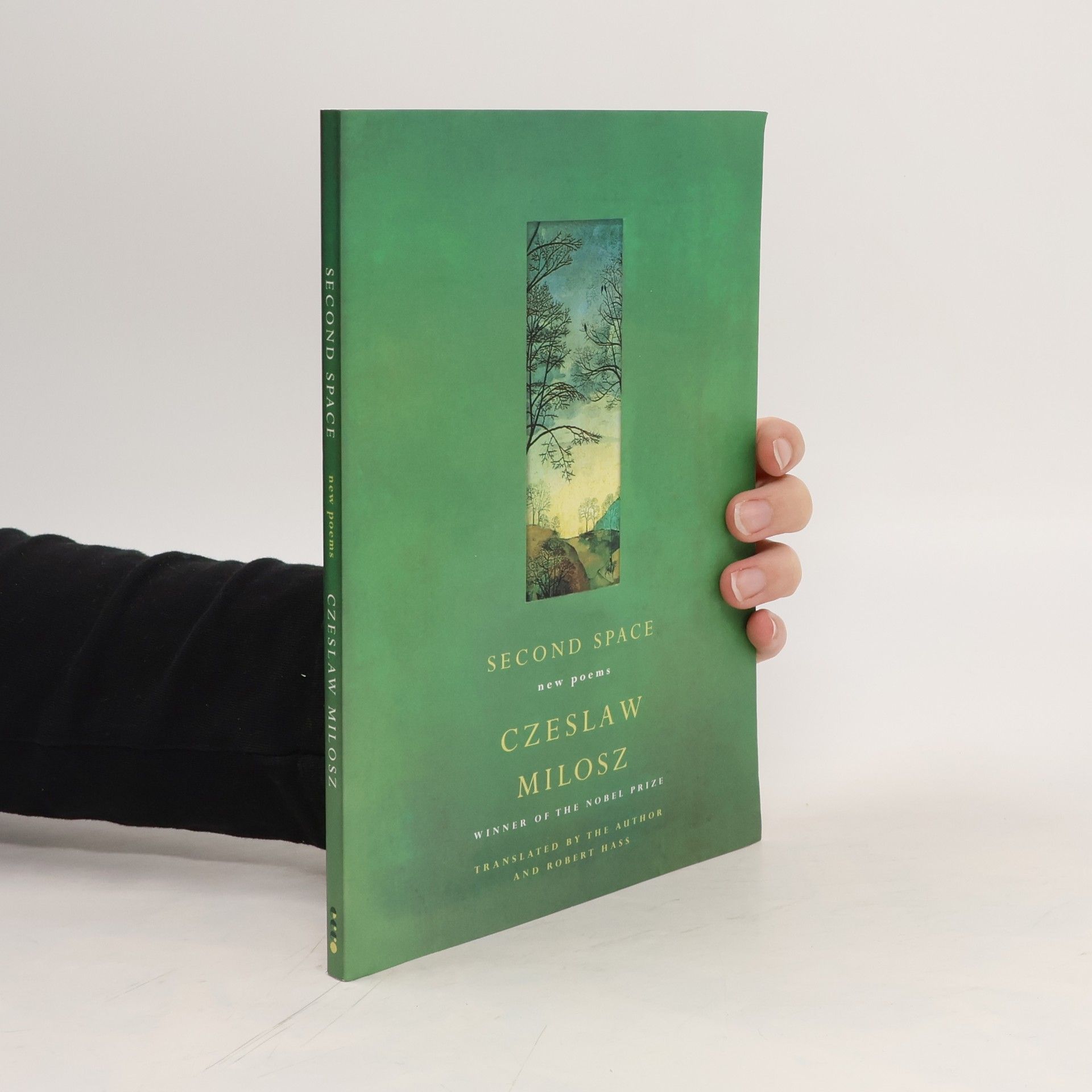

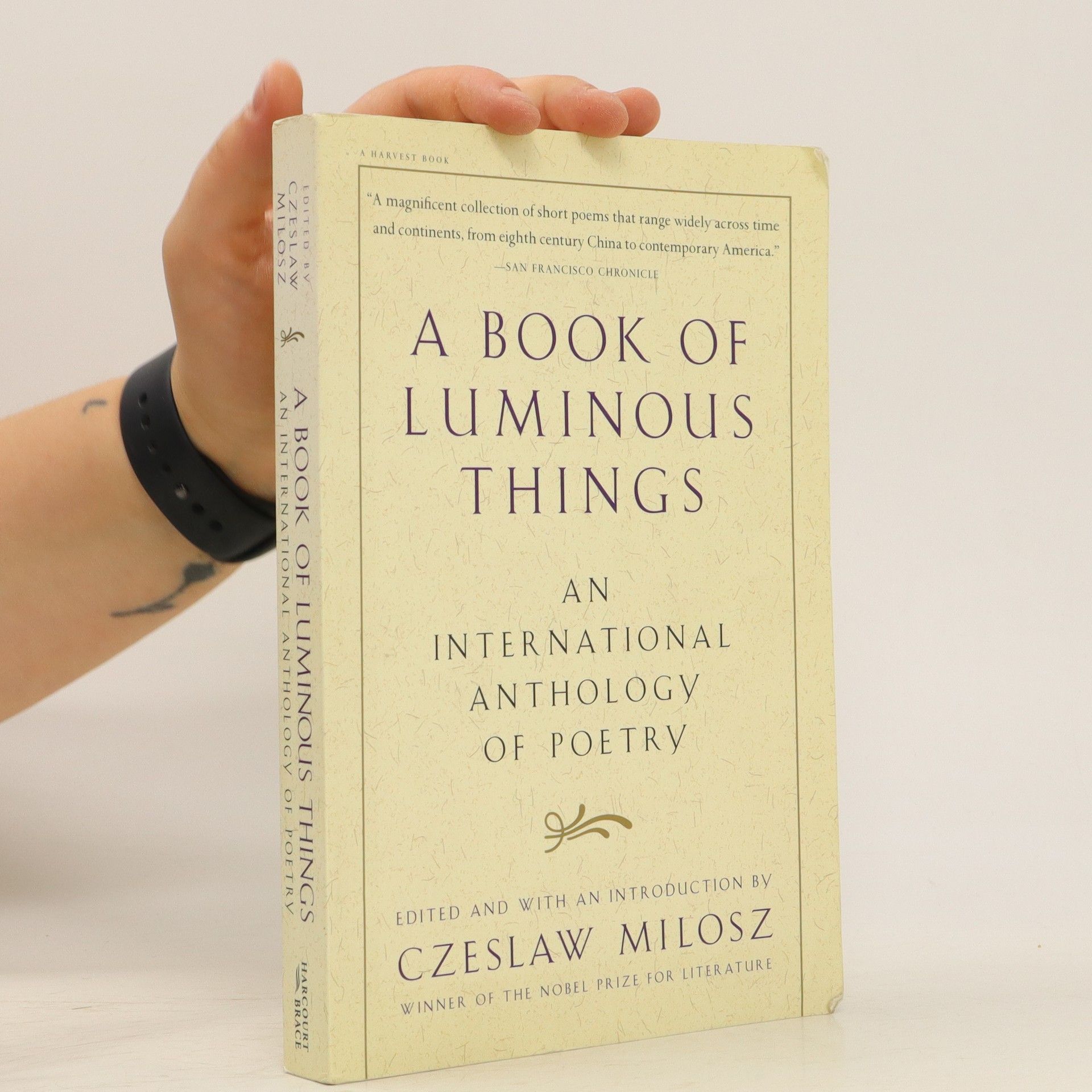
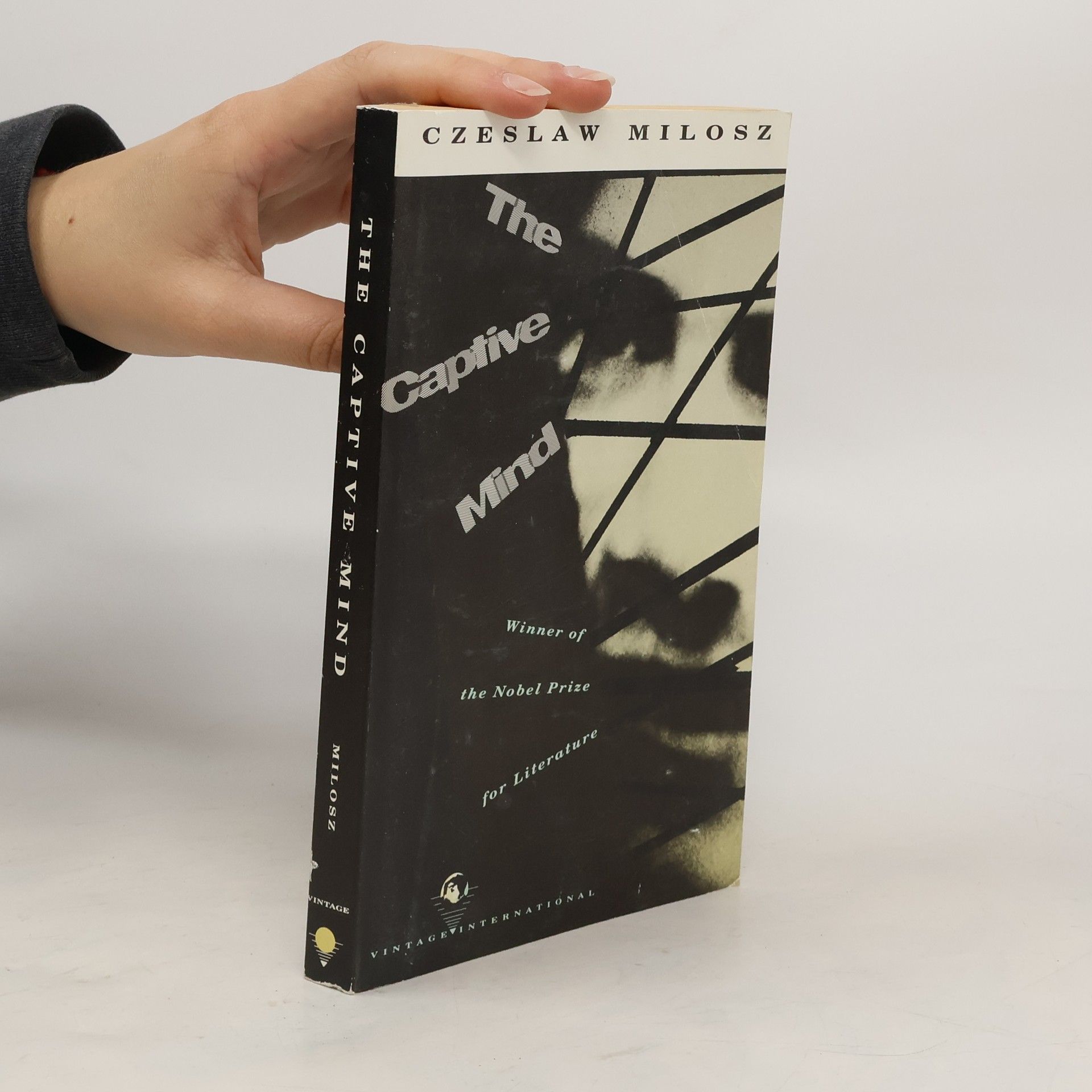
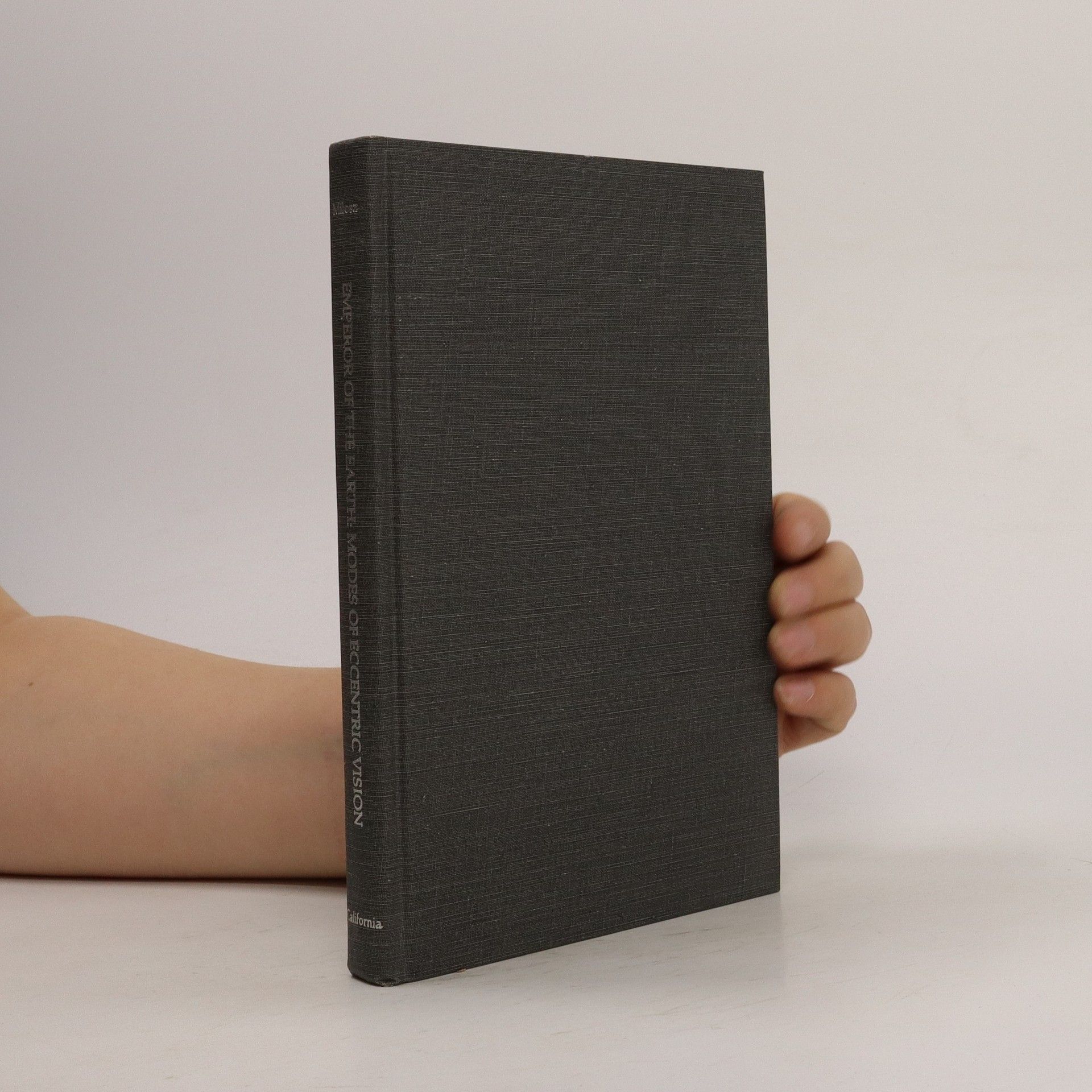
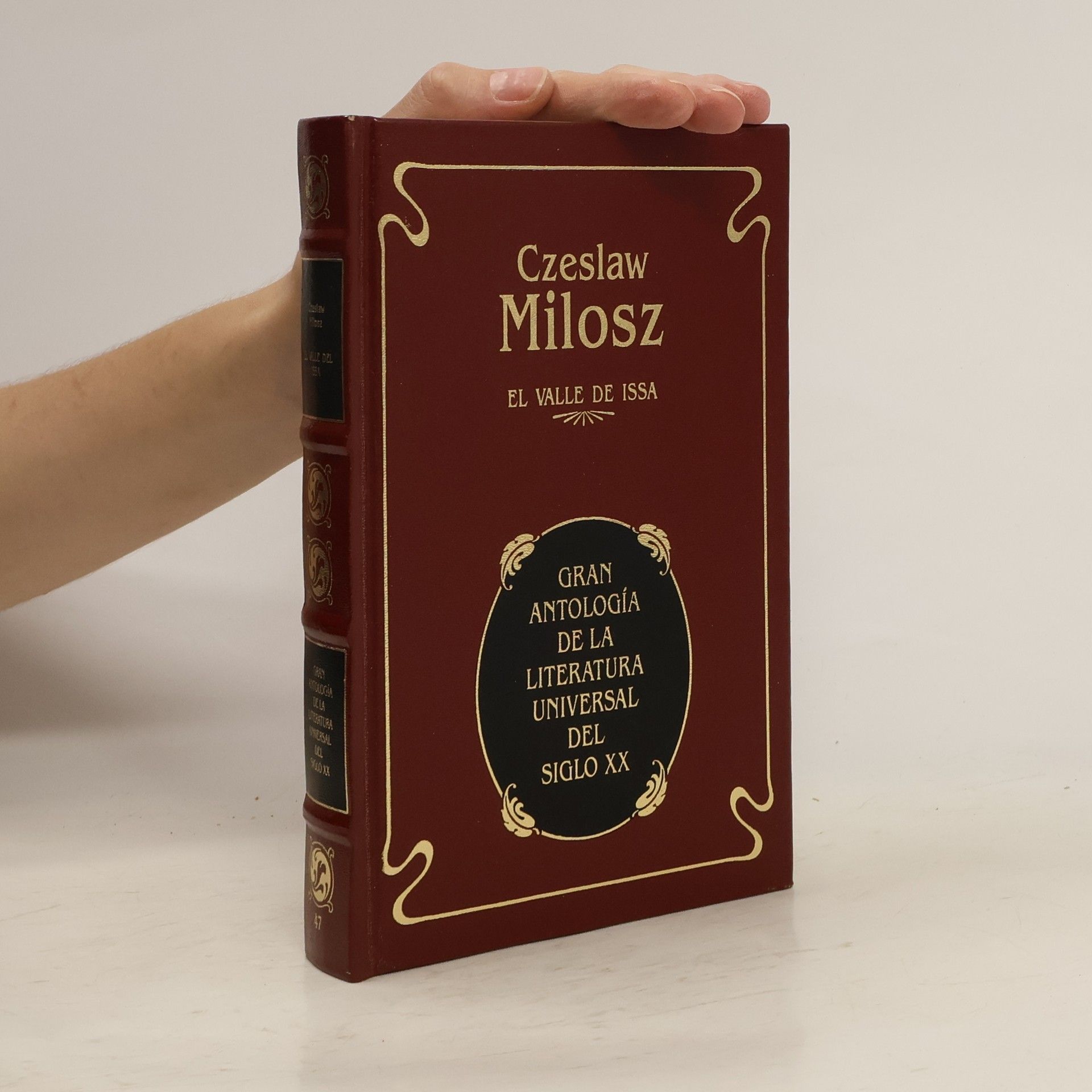
This stimulating collection of essays, mostly concerned with subjects taken from Slavic literatures, is at once scholarly and reflective. The volume opens with a true story, "Brognart," which is a confession of the author's remorse based on conflict with French intellectuals. "Science Fiction and the Coming of the Antichrist" concerns Vladimir Solovyov. "Krasinski's Retreat" is another return to the author's student readings, which attempts to determine how a Polish romantic poet could write in 1833 a drama on the approaching world revolution. "Joseph Conrad's Father" sketches the biography of a poet and revolutionary and also throws some light upon the fate of the hero of the last chapter.
The Captive Mind
- 272 páginas
- 10 horas de lectura
The Captive Mind begins with a discussion of the novel Insatiability by Stanisław Ignacy Witkiewicz and its plot device of Murti-Bing pills, which are used as a metaphor for dialectical materialism, but also for the deadening of the intellect caused by consumerism in Western society. The second chapter considers the way in which the West was seen at the time by residents of Central and Eastern Europe, while the third outlines the practice of Ketman, the act of paying lip service to authority while concealing personal opposition, describing seven forms applied in the people's democracies of mid-20th century Europe.The four chapters at the heart of the book then follow, each a portrayal of a gifted Polish man who capitulated, in some fashion, to the demands of the Communist state. They are identified only as Alpha, the Moralist; Beta, The Disappointed Lover; Gamma, the Slave of History; and Delta, the Troubadour. However, each of the four portraits were easily identifiable: Alpha is Jerzy Andrzejewski, Beta is Tadeusz Borowski, Gamma is Jerzy Putrament and Delta is Konstanty Ildefons Gałczyński.The book moves toward its climax with an elaboration of "enslavement through consciousness" in the penultimate chapter and closes with a pained and personal assessment of the fate of the Baltic nations in particular.
A Book of Luminous Things
- 344 páginas
- 13 horas de lectura
"A collection of 300 poems from writers around the world, selected and edited by Nobel laureate Czeslaw Milosz Czesław Miłosz's A Book of Luminous Things—his personal selection of poems from the past and present—is a testament to the stunning varieties of human experience, offered up so that we may see the myriad ways that experience can be shared in words and images. Miłosz provides a preface to each of these poems, divided into thematic (and often beguiling) sections, such as “Travel,” “History,” and “The Secret of a Thing,” that make the reading as instructional as it is inspirational and remind us how powerfully poetry can touch our minds and hearts. "
Native realm : a search for self-definition
- 300 páginas
- 11 horas de lectura
A biography of observations of himself and others, beginning in Eastern Europe and extending to America.
Second Space
- 112 páginas
- 4 horas de lectura
A new collection by the ninety-three-year-old Nobel laureate continues his exploration of the meditative lyric, in a volume that considers such topics as aging and mortality. By the author of A Treatise on Poetry. Reprint. 15,000 first printing.
Facing The River
- 84 páginas
- 3 horas de lectura
Returning to his childhood river valley in 1989, Czeslaw Milosz reflects on the passage of time and the intertwining of personal and mythological journeys. The poems in Facing the River delve into profound themes such as imagination, human experience, and the duality of good and evil. Through the symbolism of the Issa River, Milosz celebrates life's wonders while contemplating the inevitability of change and the significance of memory in shaping identity.
This selection celebrates Czeslaw Milosz's lifetime of poetry. Widely regarded as one of the greatest poets of our time, Milosz is a master of expression and probing inquiry. Life opened for Czeslaw Milosz at a crossroads of civilizations in northeastern Europe. This was less a melting pot than a torrent of languages and ideas, where old folk traditions met Catholic, Protestant, Judaic, and Orthodox rites. What unfolded next around him was a century of catastrophe and madness: two world wars, revolutions, invasions, and the murder of tens of millions, all set to a cacophony of hymns, gunfire, national anthems and dazzling lies. In the thick of this upheaval, wide awake and in awe of living, dodging shrapnel, imprisonment, and despair, Milosz tried to understand both history and the moment, with humble respect for the suffering of each individual. He read voraciously in many languages and wrote masterful poetry that, even in translation, is infused with a tireless spirit and a penetrating insight into fundamental human dilemmas and the staggering yet simple truth that "to exist on the earth is beyond any power to name." Unflinching, outspoken, timeless, and unsentimental, Milosz digs through the rubble of the past, forging a vision -- and a warning -- that encompasses both pain and joy. "His intellectual life," writes Seamus Heaney, "could be viewed as a long single combat with shape-shifting untruth."
Road-side Dog
- 224 páginas
- 8 horas de lectura
"I went on a journey in order to acquaint myself with my province, in a two-horse wagon with a lot of fodder and a tin bucket rattling in the back. The bucket was required for the horses to drink from. I traveled through a country of hills and pine groves that gave way to woodlands, where swirls of smoke hovered over the roofs of houses, as if they were on fire, for they were chimneyless cabins; I crossed districts of fields and lakes. It was so interesting to be moving, to give the horses their rein, and wait until, in the next valley, a village slowly appeared, or a park with the white spot of a manor in it. And always we were barked at by a dog, assiduous in its duty. That was the beginning of the century; this is its . I have been thinking not only of the people who lived there once but also of the generations of dogs accompanying them in their everyday bustle, and one night-I don't know where it came from-in a pre-dawn sleep, that funny and tender phrase composed a road-side dog." -- Road-Side Dog
This collection features previously untranslated poems by Nobel laureate Czeslaw Milosz, showcasing his reflections during his time in Washington, D.C., as well as his experiences in Europe before and after. The work captures his profound insights and emotional depth, offering readers a unique glimpse into the poet's life and thoughts during significant historical periods.

